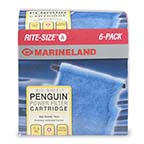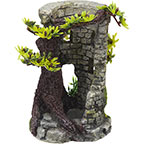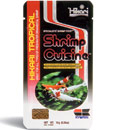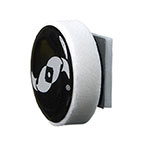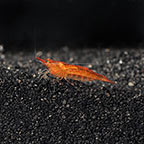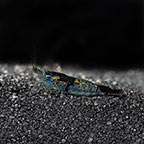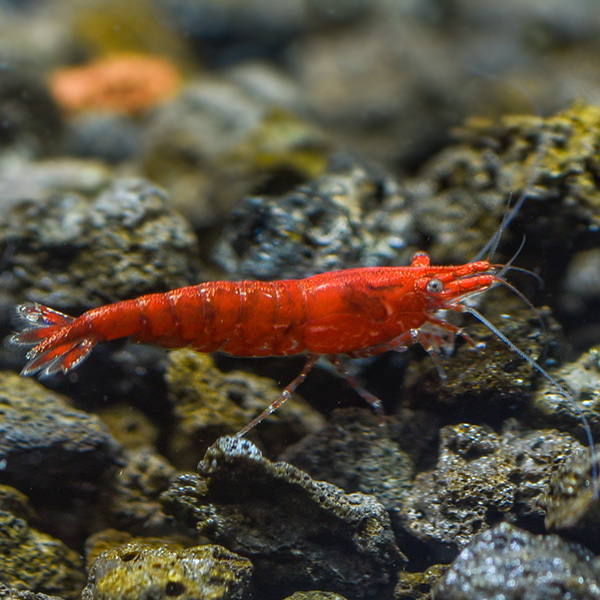
Additional locales and sizes may be available!
Additional locales and sizes may be available! Email me when availableQuick Stats
What do these Quick Stats mean? Click here for more information
What do these Quick Stats mean? Click here for more information
Overview
Ornamental freshwater shrimp have gained popularity not only for their beauty and interest, but because they also serve an important scavenging function by consuming algae - as well as plants, dead fish, leftover food, and other dead material. In short, they help you keep your aquarium clean. If insufficient food is present, their diet can be supplemented with algae tablets, quality flake food or pellets.
Sakura shrimps are aesthetically pleasing to view, with their coloration mimicking that of cherry blossoms. These shrimp thrive in well planted environments where food is abundant.
Shrimp can be a welcome addition to your community tank with small fish that will not try to eat them. If your fish swim toward the top and middle of your tank, shrimp can add activity and interest toward the bottom of the tank.
For "shrimp-only" setups, Neocaridina shrimp can be kept in a dedicated aquarium of at least 3 gallons in size or a colony or breeding tank of least 10 gallons in size. Some shrimp breed easily. If there is a male and female in your aquarium, Sakura Shrimp will most likely breed. The female will carry a clutch of eggs under her tail until they hatch in about 30 days. The newly born shrimp will look like miniature adult shrimp and will eat the same scavenged food as the adults. If breeding shrimp, it is important to keep them in a breeder aquarium with a sponge filter. This added precaution helps maximize survival of young shrimp.
As an aquarium invertebrate, Sakura Shrimp are sensitive to copper. Copper-based medications should never be used in aquariums housing ornamental invertebrates.
Approximate purchase size: 1/2” to 1”



